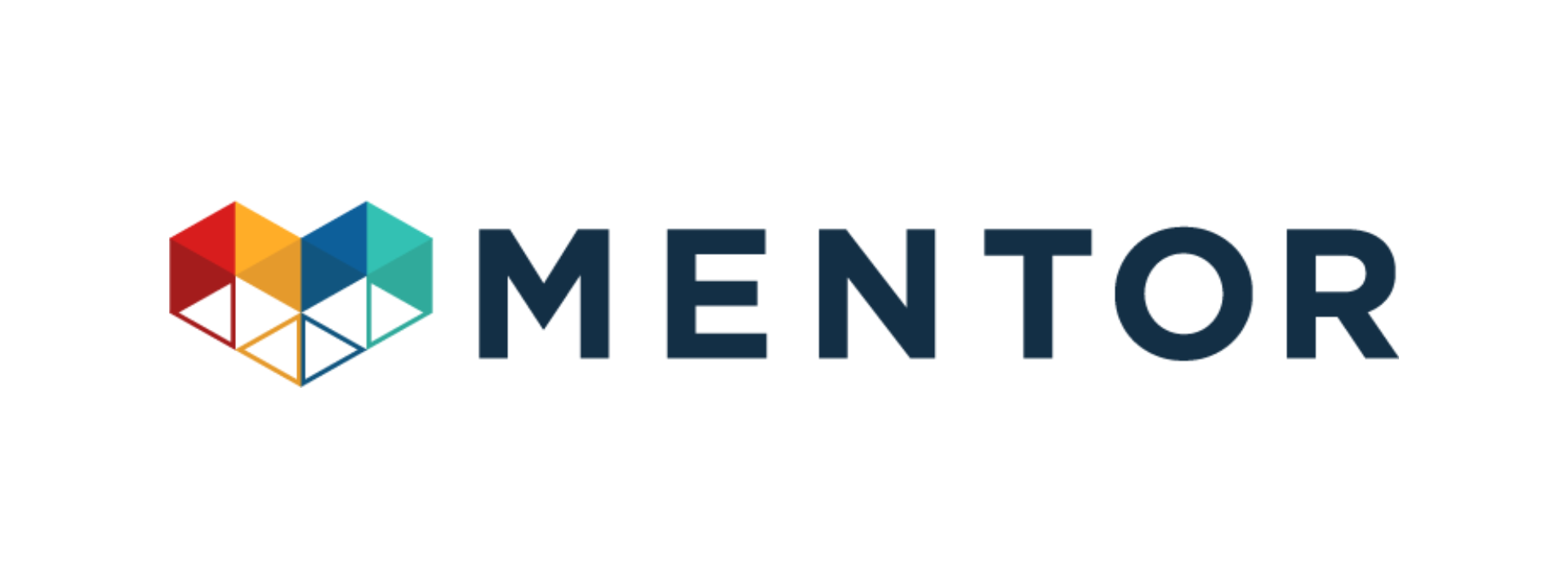Mentoring is one of the most powerful tools we have for supporting young people and helping them reach their full potential. A quality mentoring relationship can help youth develop a sense of self-efficacy, improve social skills, reduce risky behaviors, and increase academic success. Mentors can be positive role models and sounding boards, helping young people to navigate the challenges of adolescence and develop into happy, healthy, successful adults.
The Governor’s Prevention Partnership works with mentoring programs across Connecticut to provide training and technical assistance so that they can best support the young people they serve. In addition to our ongoing efforts to build statewide mentoring capacity, this page exists to provide resources and program materials to mentoring programs and individual mentors.
To refer a young person for mentoring, please visit MentorMeCT. To become a mentor, sign up here.
We are proud to be the Connecticut affiliate of MENTOR. Our partnership allows us to leverage the resources and knowledge of MENTOR to bring the latest advancements in the field to mentors and mentoring programs around Connecticut.

The Governor’s Prevention Partnership builds statewide capacity to prevent underage drinking and substance use and builds strategic alliances to promote the overall well-being of Connecticut’s future workforce.